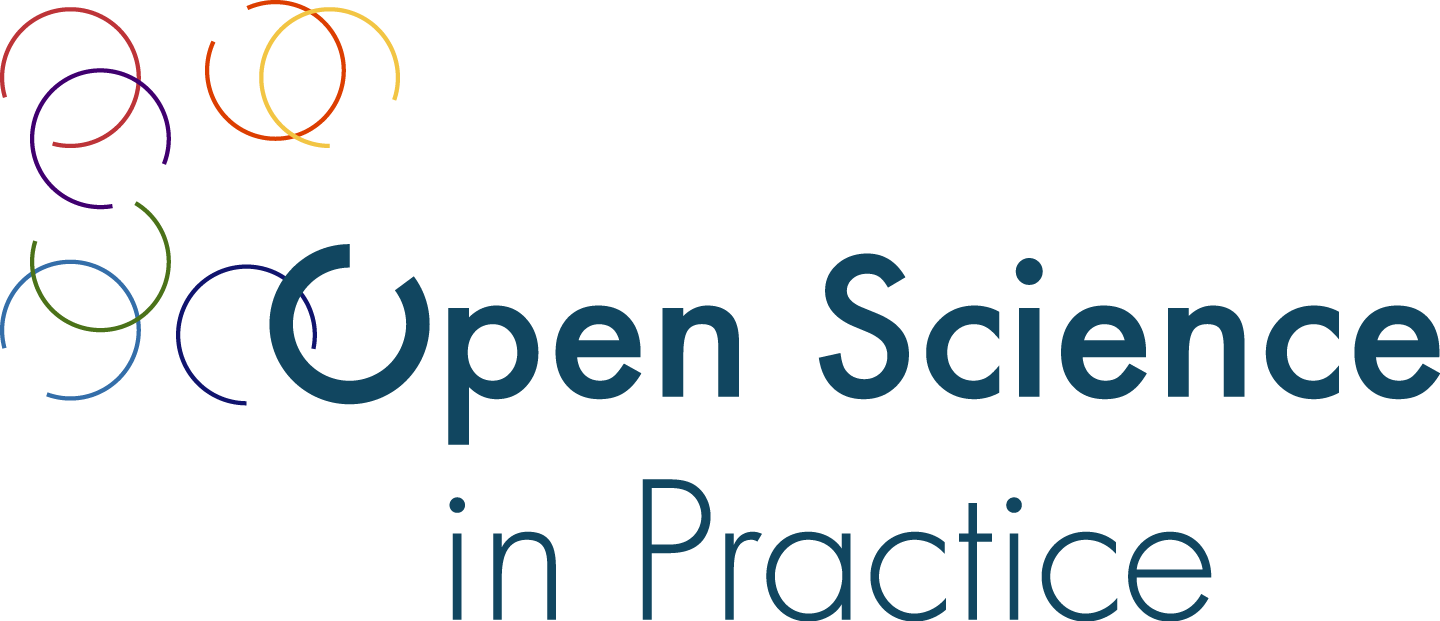Open Research Data
The phrase “open research data” is used to describe data, which is considered open in some capacity. It can be either the foundation of a research project or the explicit output. For scientists, sharing their data can offer potentials but also challenges.
Sharing data has been an important aspect of scientific practices since the second half of the 20th century. It has been a significant driving force behind the development of the world wide web and now profits substantially from digital distribution possibilities. Raw data and metadata were also already included in the 2003 Berlin declaration on Open Access.
Nowadays, open research data and its publication is an increasingly important topic of its own for funding organisations. There is therefore a need to concretise the understanding of this term. For the European Commission, “open research data refers to the data underpinning scientific research results that has no restrictions on its access, enabling anyone to access it.” This is in line with many other descriptions, namely that open research data is freely accessible and can be (re)used under certain conditions.
The FAIR principles are usually mentioned as one of the central guides to open research data. These principles are widely accepted and often already applied. The acronym consists of the four adjectives Findable, Accessible, Interoperable and Reusable – that should describe all open research data.
However, science is sometimes more complex, which is why the FAIR principles cannot always be applied. The European Research Council emphasises that not all research data can be open. Where data raises privacy or security concerns, more controls and limits on data access may be necessary. But for the ERC, any restrictions on access towards research data should be explicit and justified, and such data should still be managed in line with the FAIR principles.
To ensure the handling of data according to these principles from the beginning of a research project the continued maintenance of a Data Management Plan (DMP) is encouraged. The Max Planck Digital Library (MPDL) provides with the RDMO tool an easy way to get started with DMPs. More information about research data management including open research data can be found on the RDM website provided by the MPDL.
There are many different ways to publish ones research data. The re3data platform offers an overview of institutional as well as disciplinary repositories, that might offer open data publications. With Edmond, as Open Research Data Repository for the Max Planck Society, the MPDL is offering a special service for all MPG researchers to publish their research data openly.
Further Reading
- Committee on Data of the International Science Council (CODATA): https://codata.org/about-codata/
- UNESCO’s Open research data MOOC: https://www.unesco.org/en/open-science/open-research-data
- PLOS “Benefits of Open Data”: https://plos.org/open-science/open-data/
- OECD (2020). “Enhanced Access to Publicly Funded Data for Science, Technology and Innovation” (https://www.oecd.org/sti/enhanced-access-to-publicly-funded-data-for-science-technology-and-innovation-947717bc-en.htm)
- Go FAIR Initiative: https://www.go-fair.org/


